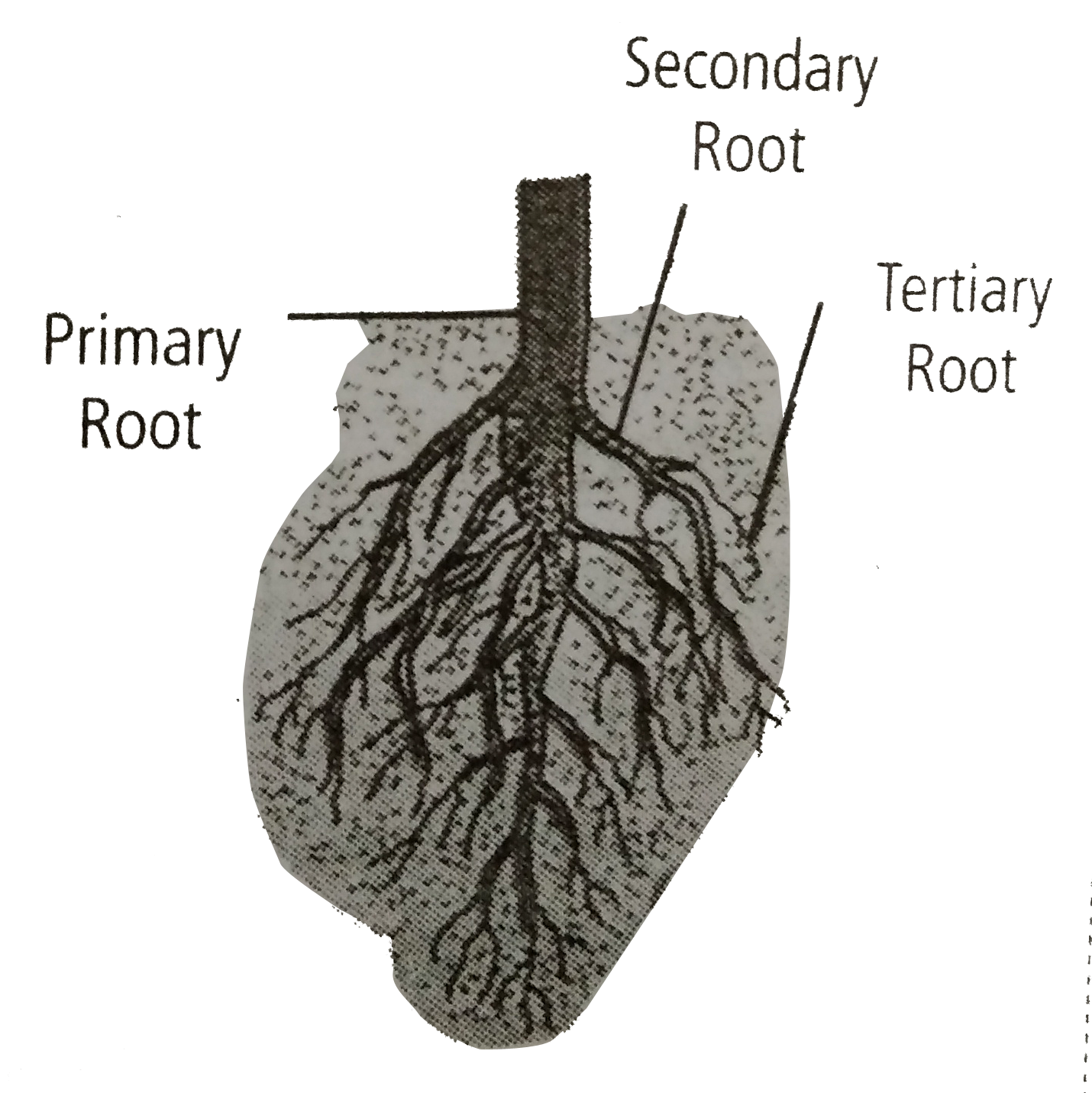The incorrect statement regarding lanthanoids is
Electronic configuration of lanthanoids is 6s25d0−14f1−14
The most common oxidation state is +3
These are soft metals and softness increases with increase in atomic number
The lanthanoid compounds are coloured due to f-f transitions
To solve the question regarding the incorrect statement about lanthanides, we will analyze each of the four statements provided.
1. Identify the Electronic Configuration of Lanthanides:
- The electronic configuration of lanthanides generally follows the pattern of filling the 4f subshell. The configuration can be represented as (Xe)6s24fn, where n varies from 1 to 14 for the lanthanides from Cerium (Ce, atomic number 58) to Lutetium (Lu, atomic number 71).
- Hint: Remember that lanthanides are characterized by the filling of the 4f subshell.
2. Determine the Common Oxidation State:
- The most common oxidation state of lanthanides is +3. While some lanthanides can exhibit +2 and +4 oxidation states, +3 is predominant and stable.
- Hint: Focus on the stability and prevalence of the +3 oxidation state in lanthanides.
3. Evaluate the Softness of Lanthanides:
- The statement claims that lanthanides are soft metals and that their softness increases with atomic number. However, this is incorrect. Lanthanides are indeed soft metals, but their softness actually decreases as the atomic number increases. As we move from Cerium to Lutetium, the hardness increases.
- Hint: Consider the trend of softness and hardness among lanthanides as atomic number increases.
4. Assess the Color of Lanthanide Compounds:
- Lanthanide compounds are colored due to f-f electronic transitions. The unpaired electrons in the f-orbitals can absorb visible light, leading to color. This statement is true.
- Hint: Recall the concept of electronic transitions in f-block elements that lead to color.
Conclusion:
After analyzing all four statements, we conclude that the incorrect statement regarding lanthanides is:
- "These are soft metals and softness increases with increase in atomic number." This statement is false because the softness actually decreases with an increase in atomic number.
Final Answer:
The incorrect statement is option 3.
- The electronic configuration of lanthanides generally follows the pattern of filling the 4f subshell. The configuration can be represented as (Xe)6s24fn, where n varies from 1 to 14 for the lanthanides from Cerium (Ce, atomic number 58) to Lutetium (Lu, atomic number 71).
- Hint: Remember that lanthanides are characterized by the filling of the 4f subshell.
- The most common oxidation state of lanthanides is +3. While some lanthanides can exhibit +2 and +4 oxidation states, +3 is predominant and stable.
- Hint: Focus on the stability and prevalence of the +3 oxidation state in lanthanides.
- The statement claims that lanthanides are soft metals and that their softness increases with atomic number. However, this is incorrect. Lanthanides are indeed soft metals, but their softness actually decreases as the atomic number increases. As we move from Cerium to Lutetium, the hardness increases.
- Hint: Consider the trend of softness and hardness among lanthanides as atomic number increases.
- Lanthanide compounds are colored due to f-f electronic transitions. The unpaired electrons in the f-orbitals can absorb visible light, leading to color. This statement is true.
- Hint: Recall the concept of electronic transitions in f-block elements that lead to color.
After analyzing all four statements, we conclude that the incorrect statement regarding lanthanides is:
- "These are soft metals and softness increases with increase in atomic number." This statement is false because the softness actually decreases with an increase in atomic number.
The incorrect statement is option 3.
Topper's Solved these Questions
Similar Questions
Knowledge Check
Refer to the given figure and select the incorrect statements regarding this.
 Athis type of root system develops from radicle of embryo.BLateral roots arising from the main root are exogenous in origin.CRootlets are the ultimate root branches that bear root hair for absorption.DSecondary and tertiary roots are borne in acropetal succession.
Athis type of root system develops from radicle of embryo.BLateral roots arising from the main root are exogenous in origin.CRootlets are the ultimate root branches that bear root hair for absorption.DSecondary and tertiary roots are borne in acropetal succession.The incorrect statement regarding transition elements is
AThey have low tensile strengthBTheir melting and boiling points are very highCThey are good conductors of heatDTheir density is very high.Select the incorrect statement regarding facilitated diffusion.
Alt is a very specific process.Blt is a passive process.Clt helps the hydrophilic substances to be transported across the membrane.Dlt is faster then active process.
The incorrect statement regarding cellulose is
View SolutionPick out the incorrect statement regarding halogens
View SolutionWhich is the incorrect statement regarding fungi ?
View SolutionSelect the incorrect statement regarding photosynthesis :
View SolutionSelect the incorrect statement regarding the transport of gases in the blood.
View Solution
